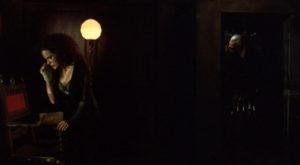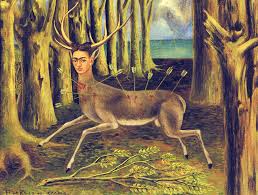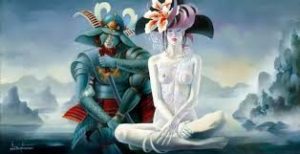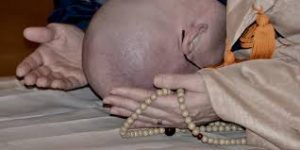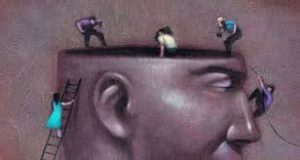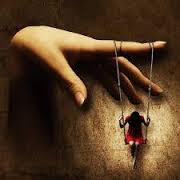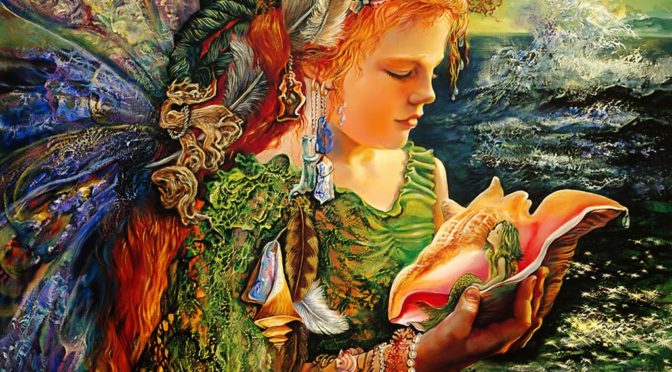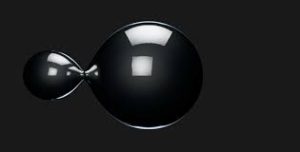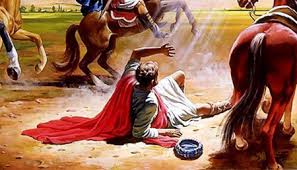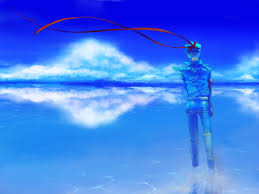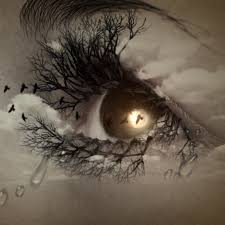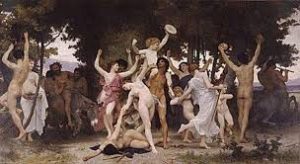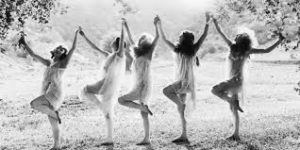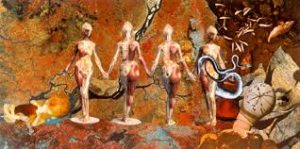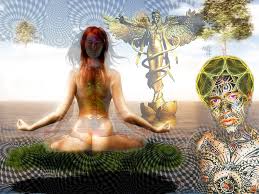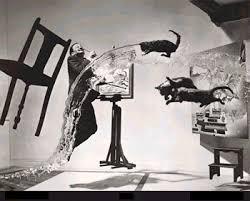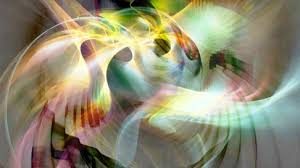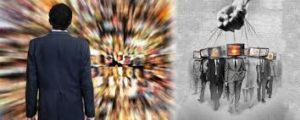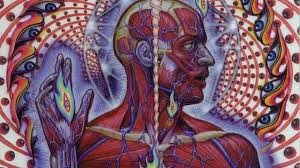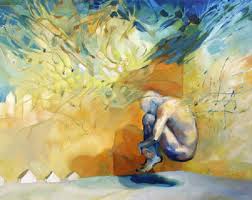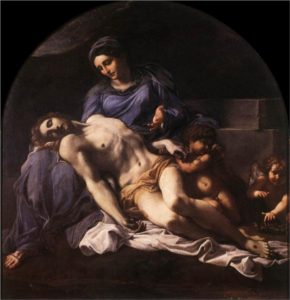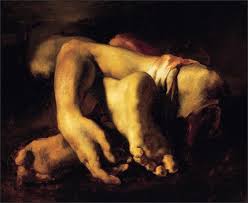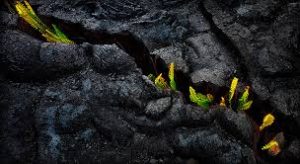Master events are those that most significantly affect our system of reality, even though the original action was not physical but took place in the inner dimension. Most events appear both in time and out of it, their action distributed between an inner and outer field of expression. Usually we are aware only of events’ exterior cores. The inner processes escape us.
Those inner processes, however, also give many clues as to some native abilities that we have used “in the past” as a species. Those inner processes do sometimes emerge, then. Here is an example.
One morning last weekend I found myself suddenly and vividly thinking about some married friends. They lived out of town, separated in time by a drive of approximately half and hour. I found myself wishing that the friends lived closer, and I was suddenly filled with a desire to see them. I imagined the couple at the house, and surprised myself by thinking that I might indeed call them later in the day and invite them down for the evening, even though my wife and I had both decided against guests that weekend.
Furthermore, I did not like the idea of making an invitation on such short notice. Then I became aware that those particular thoughts were intrusive, completely out of context with my immediately previous ones, for only a moment or so earlier I had been congratulating myself precisely because I had made no plans for the day or evening at all that would involve guests or other such activities. Very shortly I forgot the entire affair. Then, however, about fifteen minutes later I found the same ideas returning, this time more intently.
They lasted perhaps five minutes, I noticed them and forgot them once again. This time, however, I decided not to call my friends, and I went about my business. In about a half hour the same mental activity returned, and, finding myself struck by this, I mentioned the episode to my wife and again cast it from my mind.
By the time it was somewhat later in the day, my wife and I ate lunch, and the mail arrived. There was a letter written the morning before (on Friday) by the same friends that had been so much in my mind. They mentioned going on a trip (on Saturday), and specifically asked if they could visit that same afternoon. From the way the letter was written, it seemed as if the friends — call them Drick and Dorian — had already started on their journey that (Saturday) morning, and would stop in San Diego on their return much later toward evening. There was no time to answer the letter, of course.
Drick and Dorian would be on the road, it seemed, unreachable by cellphone, though they had included the number of their answering service, and had also written that they would call before leaving — yet no such call had been received.
It would be simple enough, of course, to ascribe my thoughts and feelings to more coincidence. I remembered the vividness of my feelings at the time, however. It looked as if Drick and Dorian were indeed going to arrive almost as it I had in fact called and invited them. That evening the visit did take place. Actually, some work had prevented the couple from leaving when they intended. Instead, they called later from their home to say that they were just beginning their trip, and would stop on their way.
I was well prepared for the call by then, and for the visit. Now the visit and my earlier feelings and thoughts were part of the same event, except that my subjective experience gave me clues as to the inner processes by which all events take place. More is involved than simple question: Did I perceive the visit precognitively? More is involved than the question: Did I perceive my information directly from the minds of my friends, or from the letter itself, which had already been mailed, of course, and was on its way to me at the time?
What we have is a kind of inner backbone of perception — a backup program, so to speak, an inner perceptive mechanism with its own precise psychological tuner that in one way or another operates within the field of our intent. This is somewhat like remote sensing, or like an interior radar equipment that operates in a psychological field of attention, so that we are somewhat aware of the existence of certain events that concern us as they come into the closet range of probabilities with which we are connected.
In a certain fashion we “step into the event” at that level. We accept or reject it as a probability. We make certain adjustments, perhaps altering particular details, but we step into and become part of the inner processes — affecting, say, the shape or size or nature of the event before it becomes a definite physical actuality.
For centuries that is the main way in which man and woman dealt with events of his or her life or tribe or village. Our modern methods of communication are in fact modeled after our inner ones. My thoughts almost blended in enough to go relatively unnoticed. They were almost innocuous enough to be later accepted as coincidence. They did have, however, an extra intentness and vitality and peculiar insistence — qualities that I have learned are indicative of unusual psychological activity. The point is that in most such cases the subjective recognition of an approaching event flows so easily and transparently into our attention, and fits in so smoothly with the events of the day, as to go unnoticed. We help mold the nature and shape of events without realizing it, overlooking those occasions when the processes might show themselves.
Even the conscious mind contains much more information about the structure of events than we realize we possess. The physical perceiving apparatuses of all organizations carry their own kind of inner systems of communication, allowing events to be manipulated on a worldwide basis before they take on what appears to be their final definitive physical occurrences in time and space.
Individually and globewide, value fulfillment is in a fashion the purpose of all events. Value fulfillment, again, is the impetus that drives the wheels of nature, so to speak. As the origin of our world did indeed emerge from the “world of dreams,” so the true root of all events lie in such subjective activities, and the answers to individual challenges and problems are always within our grasp, ready to appear in physical actuality.
In my next blog I hope to show the importance of value fulfillment on our own life, and give clues that will allow us to take better advantage of our own subjective and objective opportunities for such development.






